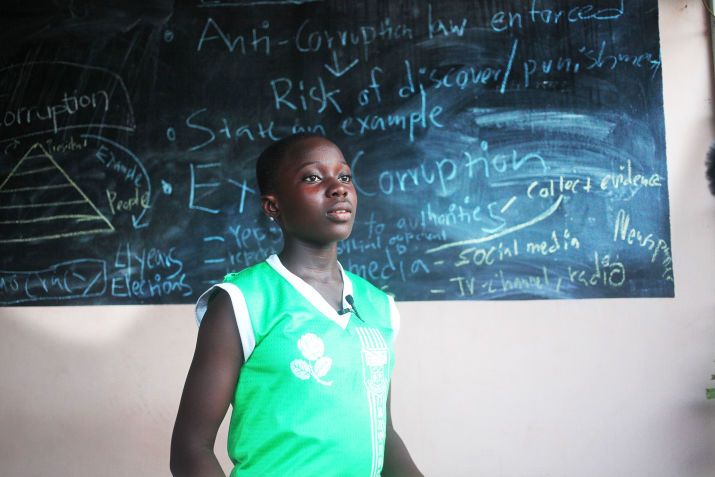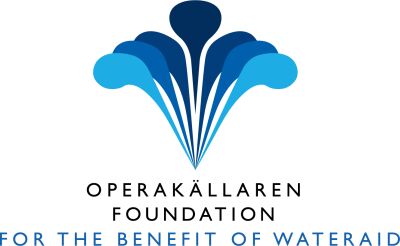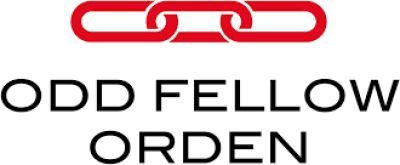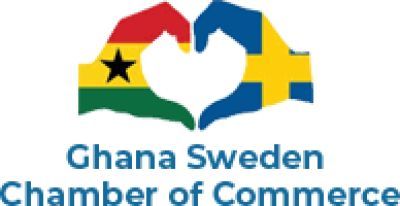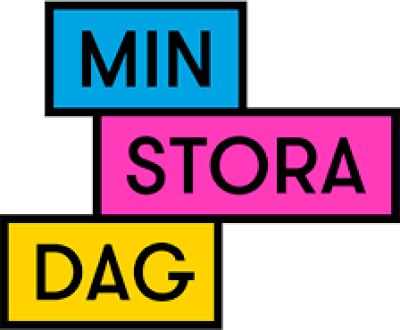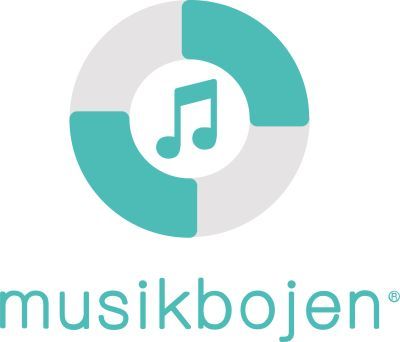Project Nima's main subjects
Life Education
Focus is on creating a sense of self-worth, self-esteem, happiness and increase life quality. Project Nima raises questions of what brings genuine happiness and how you can create a better life. For instance, questions are raised regarding how it is to grow up in Sweden among online influencers, photo shopped pictures and a constant pressure from social media, likes and updates from other social media accounts. How come depression and anxiety is more common in Sweden than in Ghana? Many of the children in Sweden that have attended the workshops organised by Project Nima, have often commented that the children in Ghana look so happy, despite being apparently poor. What is their secret? Project Nima has noted, that the way people look at their lives and themselves is different than in Sweden. Here we are also able to use the knowledge acquired from the Project Nima rehabilitation projects - how we can heal when we are suffering inside?
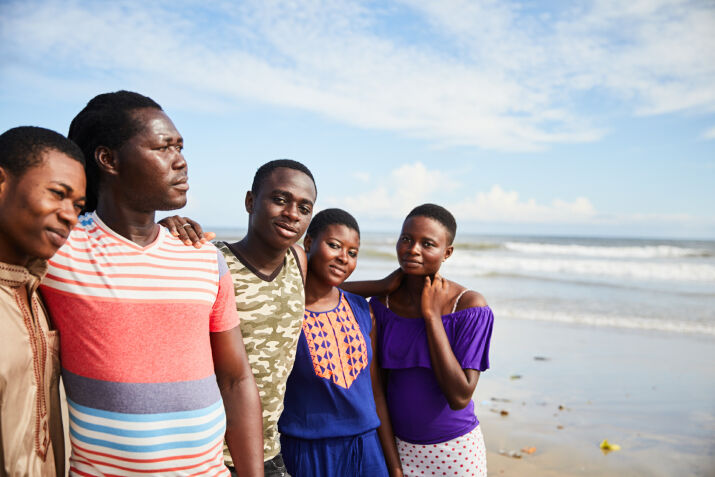
Human trafficking
Project Nima educates about and is committed to prevent human trafficking. In Ghana, the focus is mostly on child trafficking and sexual exploitation of children. In Sweden, the focus is on the various forms of human trafficking that exists there. The education of adults in Ghana focuses on information about the risks of child trafficking.
Project Nima also cooperates with a local anti-trafficking organisation in Ghana which rescues children from human trafficking. The collaboration involves sharing of knowledge and support as well as practical cooperation where Project Nima offers support to children that have been rescued from child trafficking. The rehabilitation is conducted by Project Nima Ambassadors in Ghana who have been educated within the subject. This education includes information about post-traumatic stress, cognitive therapy and tools on how to manage problems. A large part of the rehabilitation project’s methods are created in cooperation with the Swedish Ambassadors that learn about the subject with the help of Swedish tools. Focus is also on educating children and their parents on post-traumatic stress and the tools that exists to handle it. The Ambassadors also support the victims by creating a safe space to regain a sense of self-worth and trust in others, where they feel safe to talk and play. “Special Days” are organised where the child gets to go in trips and to buy clothes and shoes at the market. The main reason though, is to teach the children about friendship, trust and love. It is unfortunately common that the children who has been rescued from child trafficking are re-trafficked due to the fact that their parents often lack knowledge of how to deal with post-traumatic stress. It is also common that the victims start using substances or commit suicide. The Project Nima rehabilitation work has not only reduced the risk of children to be re-trafficked, but also gotten them to live and laugh again.
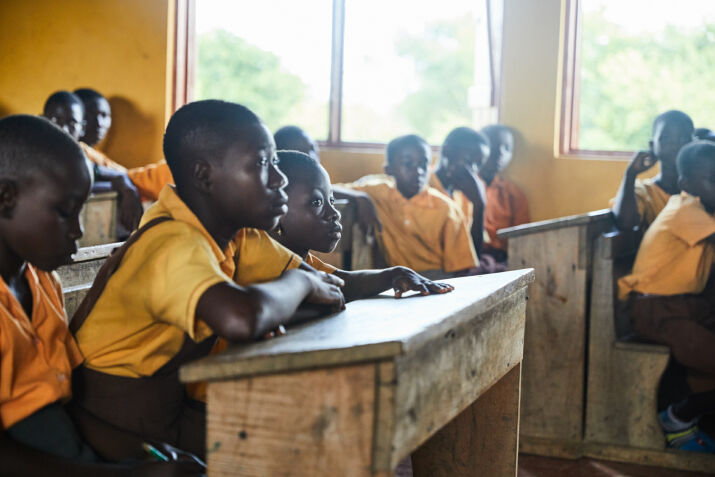
Human Rights
Project Nima educates and creates awareness about human rights, across borders. Much emphasis is put on the rights of women and children, as these issues are unfortunately still urgent. Education and raising awareness takes place in the slum areas in Ghana and in the country-side schools. It also takes place in Swedish schools and society, where there still exists both physical and psychological abuse towards women and girls, despite the MeToo movement. Project Nima creates a safe platform for education, commitment and compassion where we share information. In both Sweden and Ghana, we show that victims of abuse can discuss these challenges to help each other and others. Change happens by changing attitudes, which is what we strive towards.
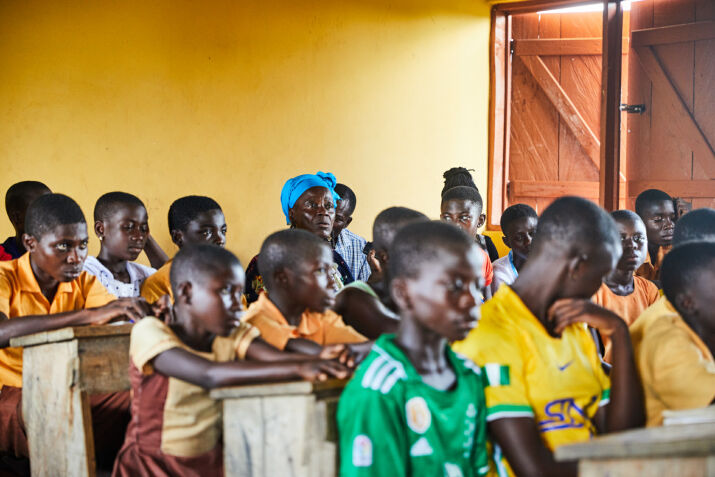
Education
The category education include those subjects which the children and youth in Ghana and Sweden wish to learn more about. Great focus is put on the importance of basic education as well as what it means on both an individual and societal level. We have also worked a lot with teaching youths how to gather and critically review information, analyse and draw conclusions. In addition, the Ambassadors in Sweden have taught the Ambassadors in Ghana about ADHD and dyslexia – two subjects that the ambassadors in Ghana now educate students in the countryside and in Nima about. This project has gained a large amount of positive response from both teachers and students in Ghana. The ambassadors in Ghana teach how to tackle learning disabilities and provide information on what tools can be used.
This cooperation between the two countries has changed the lives of many children in Ghana and Sweden. The Ambassadors in Ghana also work with raising awareness about corporal punishment of children in schools and its physical, physiological and counterproductive consequences. They also work with preventing sexual violence in schools. Violence and sexual exploitation in schools are all too common and Project Nima has become a support pillar where children can seek help. Many teachers have also taken the provided education to heart as well as the information on how to counteract and find alternatives to corporal punishment. Sexual violence is more challenging to tackle, but with the right resources and a growing local commitment, we have high hopes of reaching successful results.
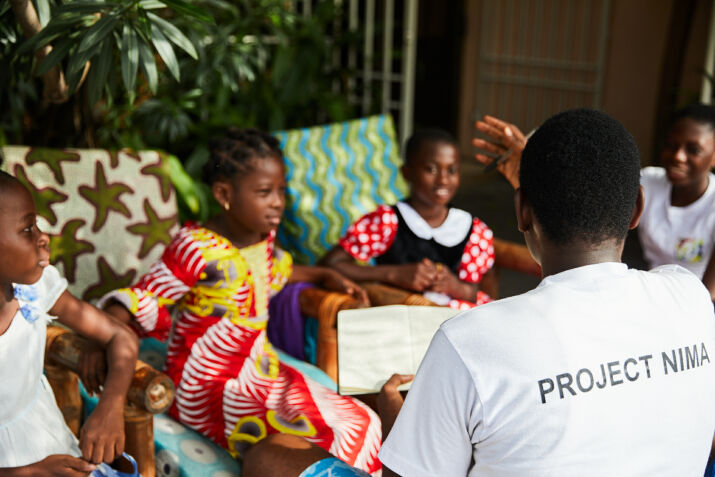
Corruption
Project Nima educates about corruption and its negative consequences for the society and for the individual. The problem is deeply rooted in Ghana and is challenging to tackle. Focus is therefore put on changing attitudes among the younger generations in order to create long-term change moving forward. In Sweden, corruption is also discussed with help from Ghanaian youths who educate about corruption. They share their experience of how it is to grow up in a corrupt society and what this does to the trust in relation to the social contract. Crucially, they also discuss what they can do to break this downward spiral. The Ambassadors in Ghana have studied the subject and also live in the middle of it. Many have, for instance, shared their experience of how they walk over to the other side of the street if they see police officer, for fear of being robbed. Their knowledge has even been requested by the National Operative Department (NOA) in Sweden. They believe that the Ambassador’s pre-emptive work can be useful to understand attitudes and actions in some areas of Stockholm - places where a large proportion of the inhabitants come from countries where corruption levels are high and trust in government is low. During a study visit to Sweden, the Ambassadors in Ghana will meet the National Operative Department in Stockholm.
